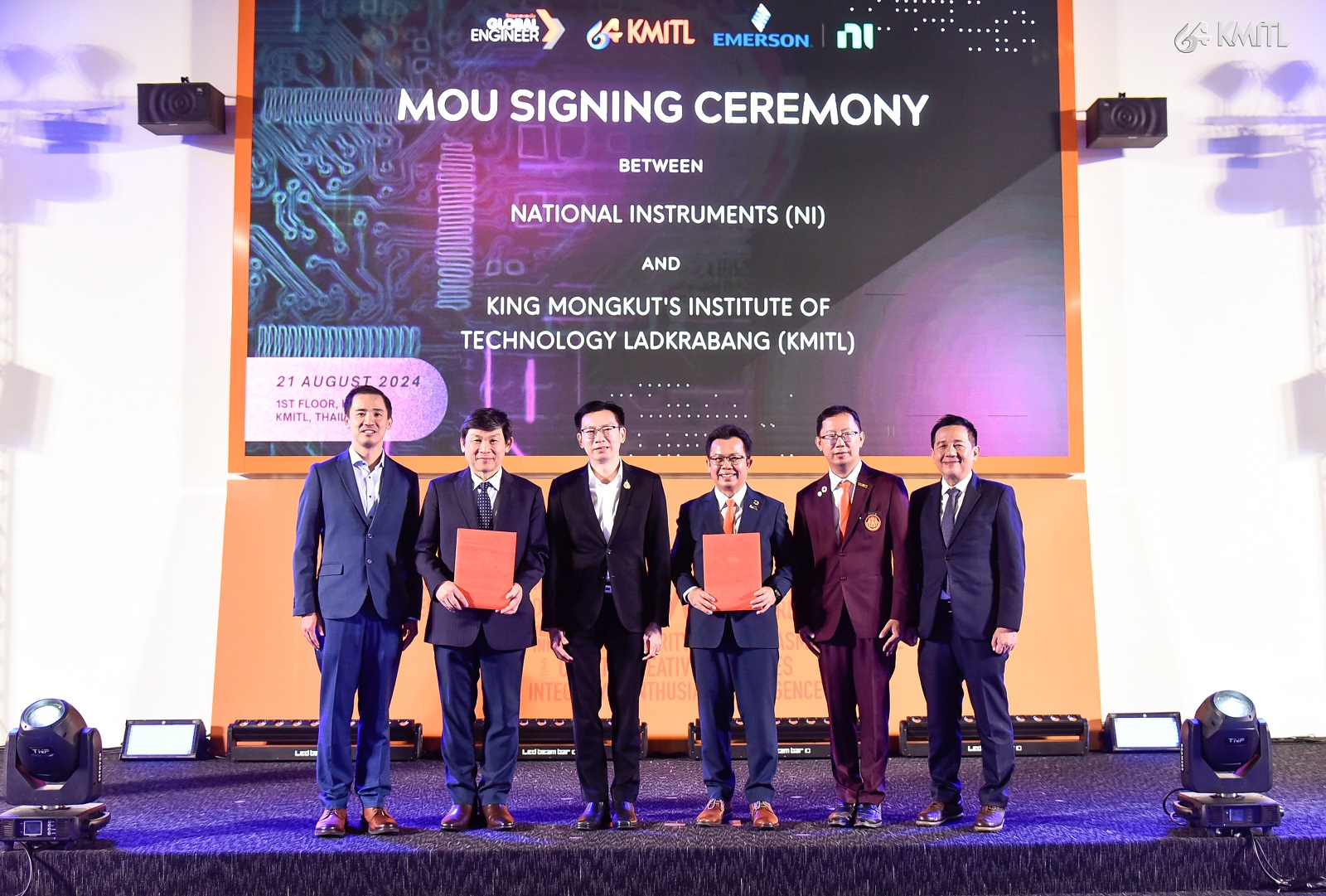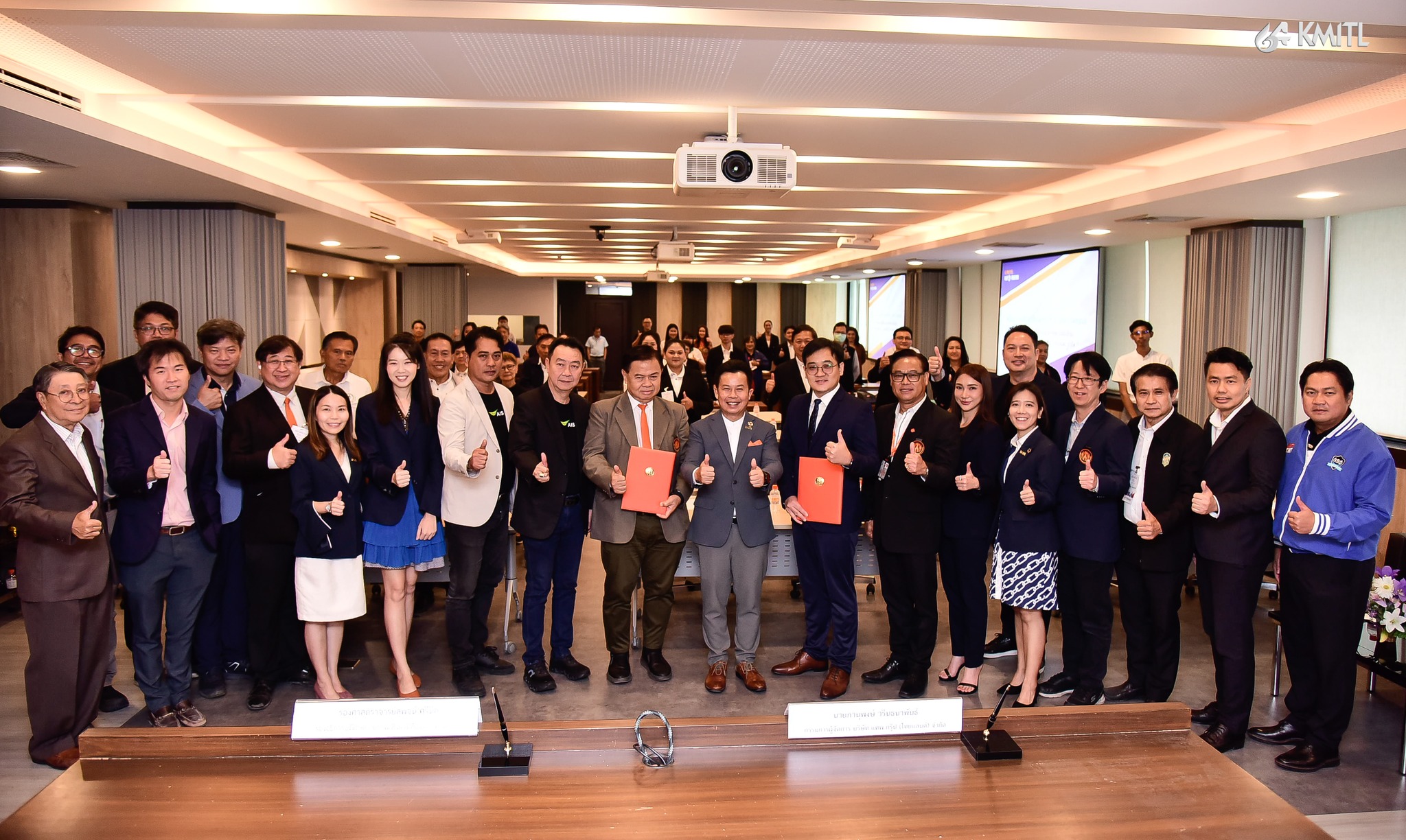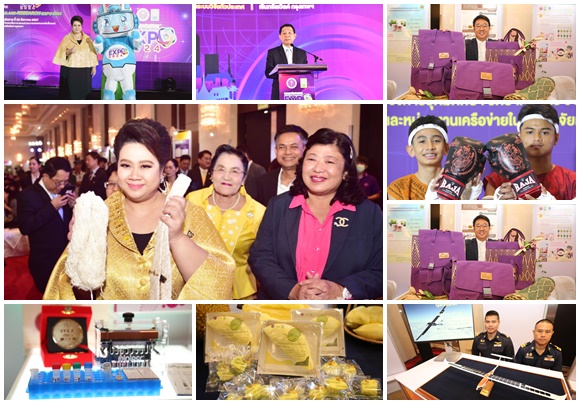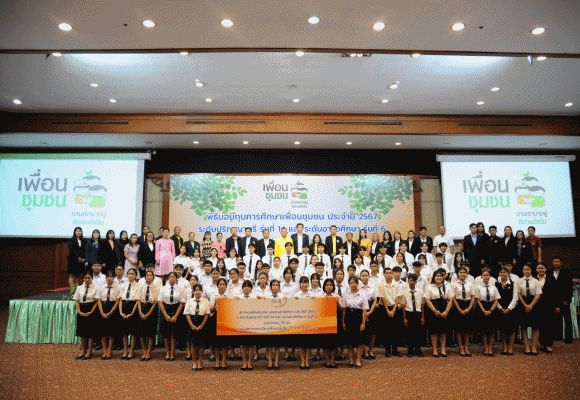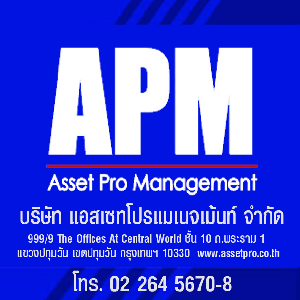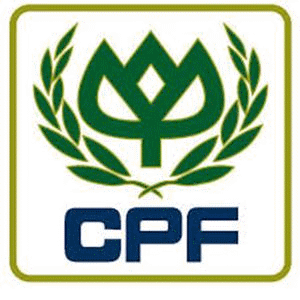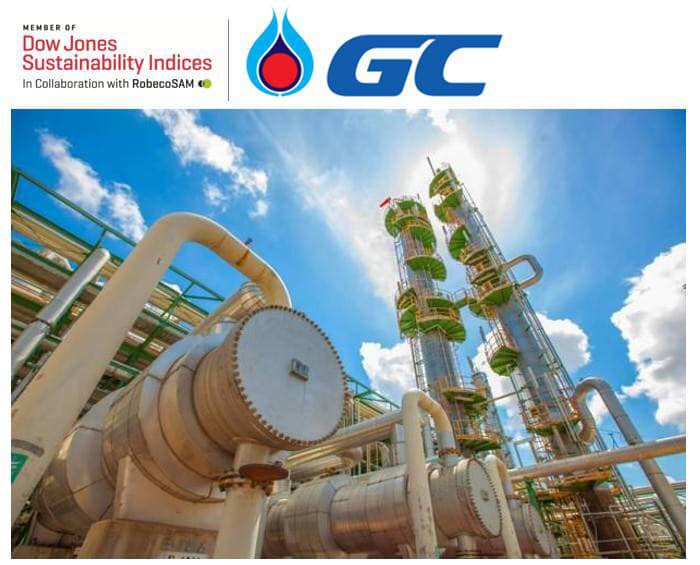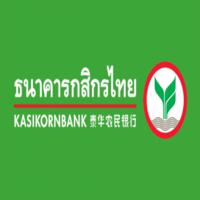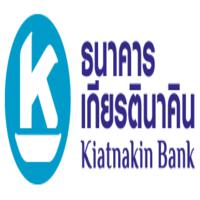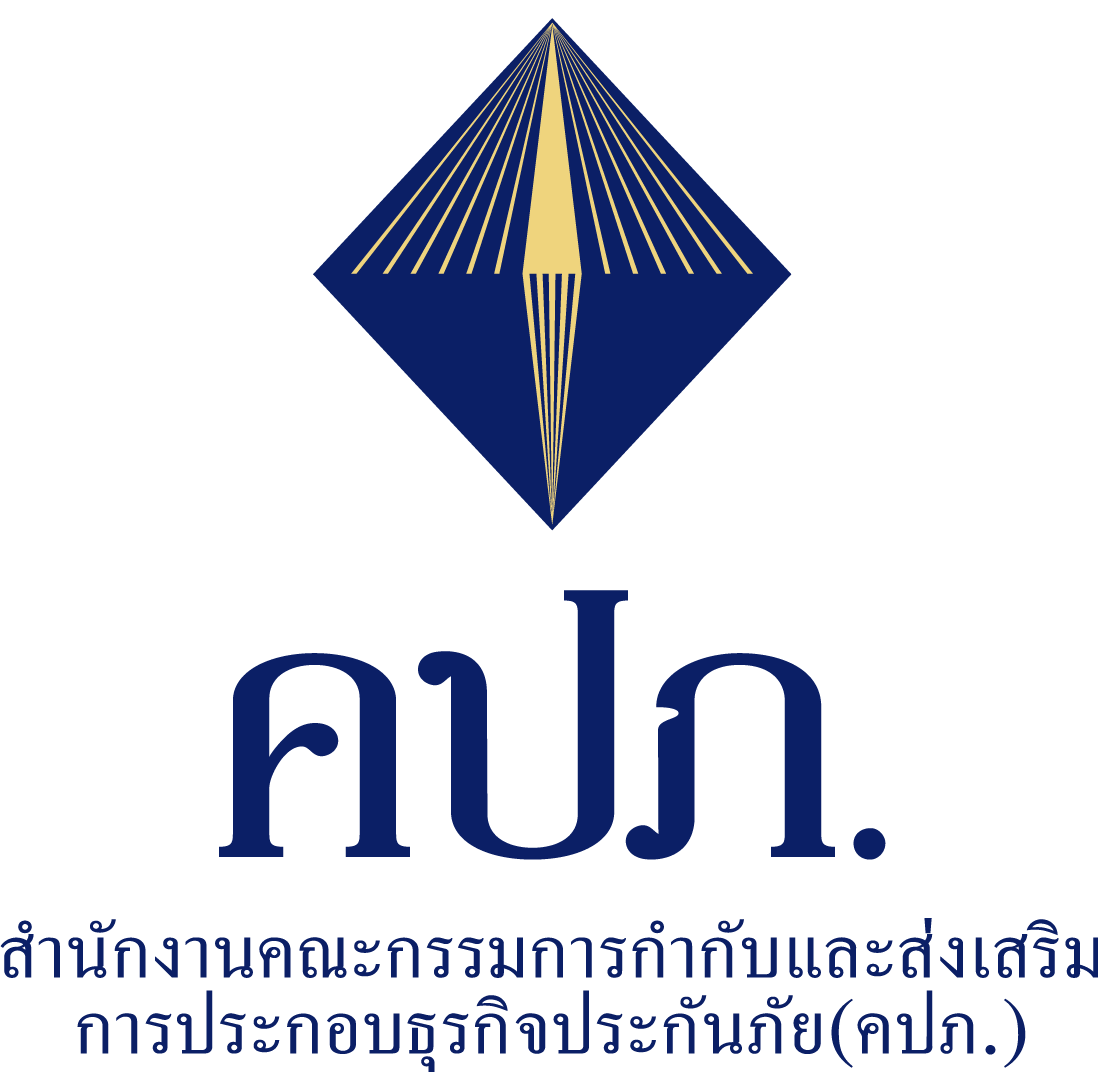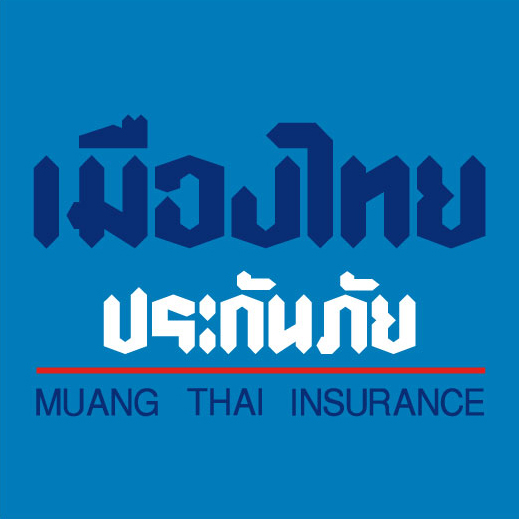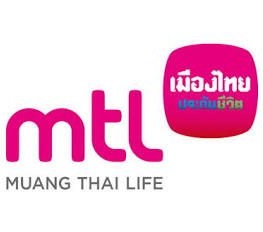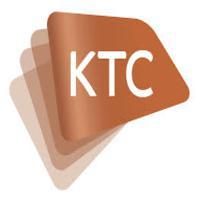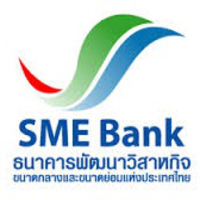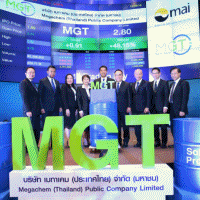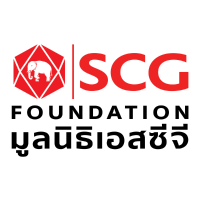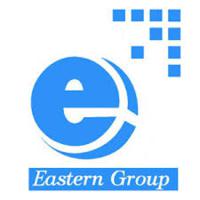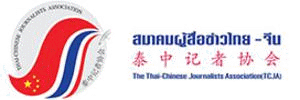- Details
- Category: บทความทั่วไป
- Published: Friday, 28 August 2015 12:39
- Hits: 3238
 เดินเกมการค้าอย่างไร...เมื่อเทรนด์โลกเปลี่ยน ?
เดินเกมการค้าอย่างไร...เมื่อเทรนด์โลกเปลี่ยน ?
อีไอซี มองโจทย์ใหญ่สำหรับไทยในปัจจุบัน คือการสร้างจุดยืนที่แข็งแกร่งในเวทีการค้าโลกท่ามกลางกระแสการเปลี่ยนแปลงของสภาพเศรษฐกิจและสังคม ความก้าวล้ำของเทคโนโลยีในยุคดิจิทัล และความต้องการของผู้บริโภคในตลาดโลกที่เปลี่ยนแปลงไป ซึ่งทั้งภาครัฐและภาคเอกชนต้องเร่งปรับตัวเพื่อคว้าโอกาสและรับมือกับความท้าทายต่างๆ เหล่านี้ เพื่อช่วยให้ภาคการส่งออกของไทยสามารถเติบโตได้อย่างแข็งแกร่งและยั่งยืน
ทั้งนี้ จากการวิเคราะห์คาดว่าการค้าโลกในอีก 5 ปีข้างหน้ามีแนวโน้มเติบโตดีขึ้น ด้วยบริบทแวดล้อมหลัก 3 ประการ ได้แก่ 1) กลุ่มประเทศกำลังพัฒนาที่จะก้าวขึ้นมาเป็นหัวจักรสำคัญตัวใหม่ในการขับเคลื่อนเศรษฐกิจและการค้าโลก จากกำลังซื้อที่สูงขึ้นและการก้าวเข้าสู่สังคมเมือง รวมทั้งการค้าขายระหว่างกันเองภายในกลุ่มที่มีแนวโน้มเติบโตต่อเนื่อง 2) ความต้องการของผู้บริโภคในกลุ่มประเทศพัฒนาแล้ว และกลุ่มประเทศกำลังพัฒนาที่เปลี่ยนแปลงไปซึ่งจะส่งผลให้สินค้าบางประเภทโดยเฉพาะสินค้าอุปโภคบริโภคมีแนวโน้มเติบโตโดดเด่นกว่าสินค้ากลุ่มอื่น และ 3) การก้าวเข้าสู่ยุคดิจิทัลซึ่งนำไปสู่การเปลี่ยนแปลงด้านการค้าระหว่างประเทศในหลากหลายมิติ ทั้งนี้ ภายใต้การเปลี่ยนแปลงดังกล่าว อีไอซีแนะ 3 กลยุทธ์ที่ช่วยปรับเกมการค้าของไทย
หนึ่งในกลยุทธ์ที่ช่วยยกระดับศักยภาพการผลิตและเอื้อให้ภาคส่งออกเติบโตได้อย่างเข้มแข็งในระยะยาว คือการสร้างมูลค่าเพิ่มให้กับสินค้าและบริการ โดยอีไอซีพบว่า agro-based และอาหารแปรรูป คืออุตสาหกรรมซึ่งมีศักยภาพในการสร้างมูลค่าเพิ่มได้อีกมาก ซึ่งนอกจากจะสร้างรายได้เข้าประเทศมากขึ้นแล้ว ยังช่วยลดความผันผวนด้านราคาจากการส่งออกเป็นสินค้าโภคภัณฑ์หรือสินค้าเกษตรแปรรูปขั้นต้นอีกด้วย ทั้งนี้ ไม่เพียงแต่ภาคการผลิตเท่านั้น ภาคบริการเองก็สามารถยกระดับและสร้างมูลค่าเพิ่มด้วยนวัตกรรมและเทคโนโลยี รวมทั้งการนำเสนอบริการในรูปแบบใหม่ๆ ที่ตอบโจทย์ความต้องการของผู้บริโภคเฉพาะกลุ่ม ทั้งนี้ จากการวิเคราะห์ยังพบว่า หัวใจสำคัญสู่การเติบโตอย่างยั่งยืนด้วยมูลค่าเพิ่มมาจากปัจจัยพื้นฐาน 3 ประการได้แก่ 1) การลงทุนด้าน R&D เพื่อสนับสนุนให้เกิดการสร้างสรรค์นวัตกรรมอย่างต่อเนื่อง 2) การพัฒนาคนและผลิตนักวิจัยหรือนักวิทยาศาสตร์ที่มีคุณภาพออกสู่ตลาดแรงงาน และ 3) การใช้ประโยชน์จากความเชื่อมโยงทางเศรษฐกิจภายในภูมิภาคเพื่อขยายโอกาสทางการค้าการลงทุน
การเป็นศูนย์กลางการค้าของภูมิภาคเป็นอีกกลยุทธ์ที่จะเข้ามาเสริมสร้างความแข็งแกร่งของภาคธุรกิจไทย โดยหัวใจสำคัญ 5 ประการของการเป็นศูนย์กลางการค้าคือ 1) ที่ตั้งที่เชื่อมโยงระหว่างแหล่งผลิตและตลาดเป้าหมาย 2) ความพร้อมด้านโครงสร้างพื้นฐานทางกายภาพ 3) ระบบศุลกากรที่เป็นมิตรต่อการค้า 4) สิทธิประโยชน์ทางภาษีที่จูงใจและเอื้อต่อการค้าการลงทุน และ 5) สินค้าที่ตอบโจทย์ความต้องการของผู้บริโภค ซึ่งการเป็นศูนย์กลางการค้านั้น นอกจากจะช่วยกระตุ้นการเติบโตของภาคส่งออกและภาวะเศรษฐกิจโดยรวมแล้ว ยังมีส่วนช่วยเพิ่มรายได้ต่อหัวประชากรและยกระดับขีดความสามารถในการแข่งขันของประเทศอีกด้วย
อย่างไรก็ดี ประเด็นเร่งด่วนที่ไทยต้องเร่งพัฒนาและปรับปรุงคือ การพัฒนาประสิทธิภาพของระบบขนส่งและคมนาคม รวมไปถึงการปรับปรุงระบบศุลกากรให้มีความเป็นมิตรต่อการค้ามากยิ่งขึ้น ขณะที่ภาคธุรกิจเองก็ต้องแสวงหาช่องทางและโอกาสทางการค้าระหว่างประเทศ รวมทั้งใช้ประโยชน์จากมาตรการสนับสนุนจากภาครัฐอย่างเต็มที่
ในขณะเดียวกัน ภาคธุรกิจไทยต้องใช้กลยุทธ์ทางธุรกิจเชิงรุกเพื่อให้รับกับการก้าวเข้าสู่ยุคดิจิทัล โดยอีไอซีมองว่าการปรับโมเดลทางธุรกิจ ไม่ว่าจะเป็นการขยายฐานลูกค้าผ่านช่องทางการค้าออนไลน์ การใช้เทคโนโลยีชำระค่าสินค้าและบริการออนไลน์ หรือแม้แต่การสร้างสรรค์สินค้าและบริการใหม่ๆ เป็นสิ่งที่ช่วยให้ธุรกิจไทยสามารถแข่งขันและก้าวทันการเปลี่ยนแปลงในยุคดิจิทัลได้ อย่างไรก็ตาม ไทยควรให้ความสำคัญกับการพัฒนาโครงสร้างพื้นฐานเป็นอันดับแรกเพื่อรองรับโอกาสทางธุรกิจใหม่ๆ จากการก้าวเข้าสู่ยุคดิจิทัล
Trade Trends : New Force Reshape Thailand’s International Prospects
To strengthen its position in the global market, Thailand needs to keep well ahead of today’s major trends, such as the changing economic and social landscapes, technological advances, and the transformation of consumer needs and preferences. Both government and the private sector must prepare to cope with these new waves of change and seize the opportunities in order to achieve strong and sustainable export growth.
EIC expects that global trade will accelerate during the next five years. Three major trends will drive much of the growth in trade: 1) Developing countries will become the main engines expanding trade, thanks to rising purchasing power, urbanization and south-south trade. 2) Changing consumer preferences, both in developed and developing countries, will favor certain categories of products with outsize demand growth. 3) The age of “digitalization” will change international trade in multiple ways. To benefit from these emerging dynamics, three game-changing strategies are needed to strengthen Thailand’s competitiveness in the global market.
Value creation is one of the game changers that will lift Thai exports and ensure sustainable growth in the long run. Given Thailand’s rich agricultural resources, EIC sees high potential in agro-based products and processed foods. If Thai exporters increase the value-added of these goods, not only will their incomes improve, but they will also become less vulnerable to the volatile prices of commodities and primary farm products. In the service sector, value can be created through technology and innovation. Businesses should consider offering new services tailored to specific groups of consumers. EIC analysis finds that the foundations for a sustainable value-added economy include: 1) investment in R&D to facilitate innovation, 2) development of human capital via an effective education system and training of quality researchers and scientists, and 3) regional connectivity that facilitates growth in trade and investment. Above all, companies must not skimp on R&D if they truly want to succeed through value creation.
Transforming Thailand into a regional trade hub is another clear opportunity to strengthen prospects for a wide variety of Thai enterprises. EIC sees five ingredients as essential to establishing a nation as an entrepot: 1) a central location situated between suppliers and target markets, 2) convenient infrastructure for efficient transportation and transfer of goods, 3) business-friendly customs regulations, 4) tax incentives for trade and investment, and 5) products that fit customers’ needs. Becoming a regional hub would enhance Thailand’s exports and economic growth, boosting per-capita income and competitiveness. But Thailand urgently needs better transport infrastructure and more flexible, trade-friendly customs regulations and processes. Thai companies, for their part, need to study their capabilities, seek out new trade opportunities and fully capitalize on trade promotion policies.
The emerging digital age is another important trend reshaping trade. Thai businesses must take proactive actions to keep up with the multi-faceted changes driven by digitalization. Among other things, they must recognize and capture opportunities arising from digitalization, whether by simply adapting business model i.e. including a new online channel, providing e-payment solution, or more aggressively transforming products and processes to get ahead or taking radical steps to not just compete but change the competitive field. Yet despite the growth of digitization and the new opportunities it has created, Thailand needs to first remove the main impediment on the availability, quality and affordability of its digital infrastructure.
EIC
สื่อสารองค์กร ธนาคารไทยพาณิชย์จำกัด (มหาชน)
สิริเนตร ทำประโยชน์ โทร. 02-544-7712 , 089-811-1919 Email: [email protected]
พิชญ์มน เกตุปมา (ปูเป้) โทร. 02-544-1902 Email: [email protected]
ศูนย์วิจัยเศรษฐกิจและธุรกิจ ธนาคารไทยพาณิชย์
อัญญรัตน์ บุญนิธิวรกุล (อร) มือถือ 089-9222203










